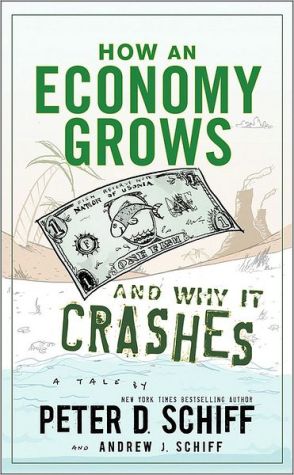Social Movements, Civil Society, and Radical Adult Education
The idea that radical adult educators should build civil society through social movements is the dominant paradigm within the adult education left today. This work is the first book-length treatment on the subject of social movement and civil society theory within radical adult education.\ The author covers the history and current status of social movement and civil society theory within radical adult education and the left generally. This historical survey reveals how the current dichotomy...
Search in google:
Argues that a classical Marxist political economic analysis of globalization that sees globalization as merely a new stage in the long expansion of capitalist relations will confront capitalism and demonstrate how Gramsci provides a theory and practice for the creation of working-class hegemony through people's power.
Series ForewordxiForewordxvPrefacexxvii1Contextualizing the Contemporary Interest in Social Movements and Civil Society in Radical Adult Education Theory and Practice1Methodology82The Sociology and Politics of Social Movements17The Sociology of Social Movements17The Politics of Social Movements37Conclusion483Civil Society within the Marxist Tradition and Beyond57John Locke58Adam Ferguson and the Scottish Englightenment59Georg Hegel60Karl Marx62Antonio Gramsci65Jean Cohen and Andrew Arato68John Keane70Conclusion744Adult Education, Social Movements, and Civil Society77Can Education Change Society?78The Nature of Education in Social Movements80Linking Old and New Social Movements93The Politics of Social Movements, Civil Society, and Adult Education965Gramsci's Concept of Civil Society Revisited: Implications for a Reconceptualization of Radical Adult Education Theory and Practice103The State and Civil Society105The Political Party and Organic Intellectuals108The Limits of Spontaneity110Hegemony110The Importance of Alliances111Conclusion112References117Index133








